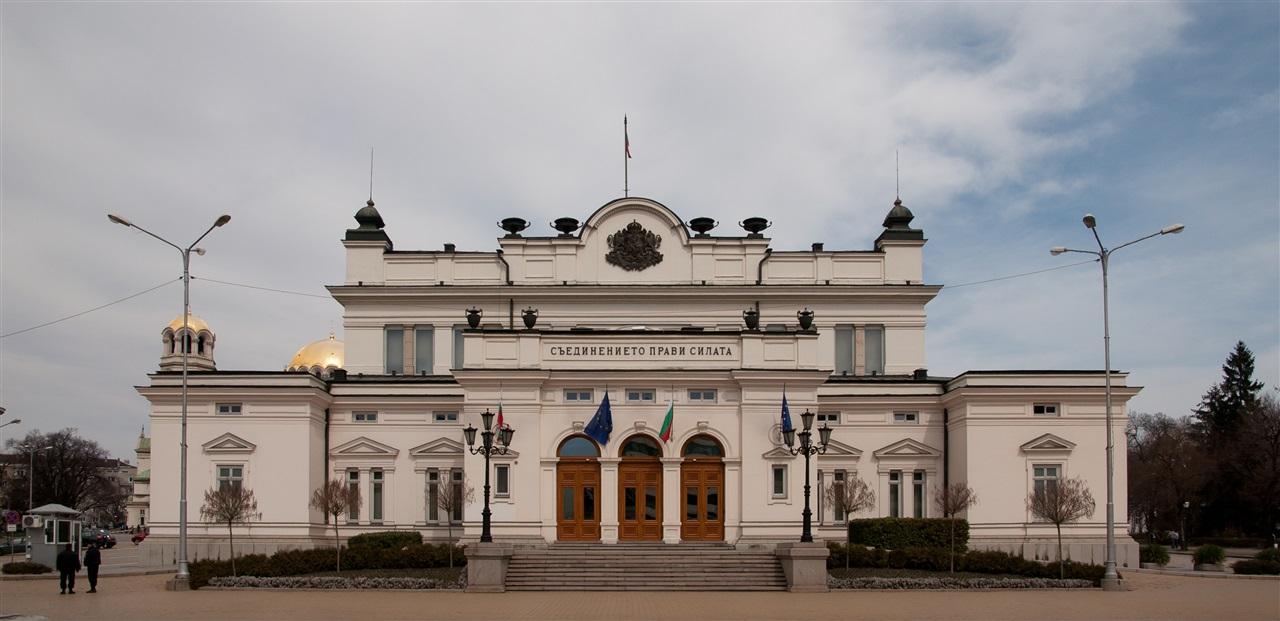
Sofia - Croatian Parliament Speaker Josip Leko on Wednesday wrapped up his trip to Bulgaria by visiting the "St. Kliment Ohridski" University of Sofia, meeting with the prorector and Croatian language students, with both sides expressing a wish to strengthen cultural and academic ties.
Croatian and Bulgarian historians recall that the ties between the two friendly peoples have existed for 12 centuries, and that great Croats like Josip Juraj Strossmayer, Andrija Kačić Miošić and Franjo Rački are greatly respected in Bulgaria.
Strossmayer Week was organised at the Bulgarian Academy of Sciences in February on his birth anniversary. A monument was erected and a street named after this "erudite and benefactor" in Sofia.
- We have very good, friendly and partner relations with Bulgaria, Leko told reporters after visiting the Bulgarian parliament and Sofia University.
Upon returning to Zagreb, he said Croatia and Bulgaria had several common interests, such as energy, agriculture, tourism, entry into the Schengen Area, and the prospect of European Union accession for Balkan countries. He underlined the importance of joint action in the EU to promote those interests.
Croatia is interested in connecting to a number of gas supply routes for Europe as well as in connecting LNG terminals, while Bulgaria supports the construction of such a terminal in Croatia.
- Bulgaria has only one supply route, which is a risky situation for any economy and Sofia supports the construction of an LNG terminal on Krk (island) and its connection to other terminals in the European Union, Leko said. Bulgaria has to look for alternative routes and other gas supply sources after the South Stream gas pipeline project, agreed with Russia, fell through.
- The diversification of gas supply routes is necessary to provide for the European Union's energy security and we see a possibility of cooperation on this front," Leko said.
He said the two countries were also agreed on the creation of European agriculture and tourism policies. - Both countries have big possibilities in agriculture and the food industry.
Leko said: "Friends outside the EU" suggested that Croatia "combine tourism for the wider region... The number of tourists from faraway countries is increasing in both Croatia and Bulgaria, but they don't come specifically to our two countries, but to the EU, and in Croatia and Bulgaria they can use the Schengen visa."
Leko said the two countries were agreed to jointly act on their entry into the Schengen Area as soon as possible to facilitate tourism development. He said Croatia would apply for the area on July 1.
Leko went on to say that "Croatia and Bulgaria will work so that (Southeast European) countries have an open prospect of joining the EU, which is a guarantee for the Balkan and Southeast Europe region to have lasting peace."
In Sofia, he met with Croatian business people active in Bulgaria, conveying to parliamentary representatives their positions on the possibility of expanding cooperation and the problems they encounter on the Bulgarian market.
The meetings concluded that political relations are excellent and that the two countries enjoy a long historical friendship, but that it is crucial to intensify economic cooperation. In 2014, trade was EUR 138.18 million, with Croatian imports accounting for 67 per cent, while Serbia-Bulgaria trade, on the other hand, amounts to EUR 800 million.
- We concluded in the talks that the possibilities of economic cooperation are much bigger, notably given Croatia's references in infrastructure construction, Leko said.
He expects the topics on which there is a high level of agreement to be discussed again when Bulgarian President Rosen Plevneliev visits Zagreb on April 14.

.png)
